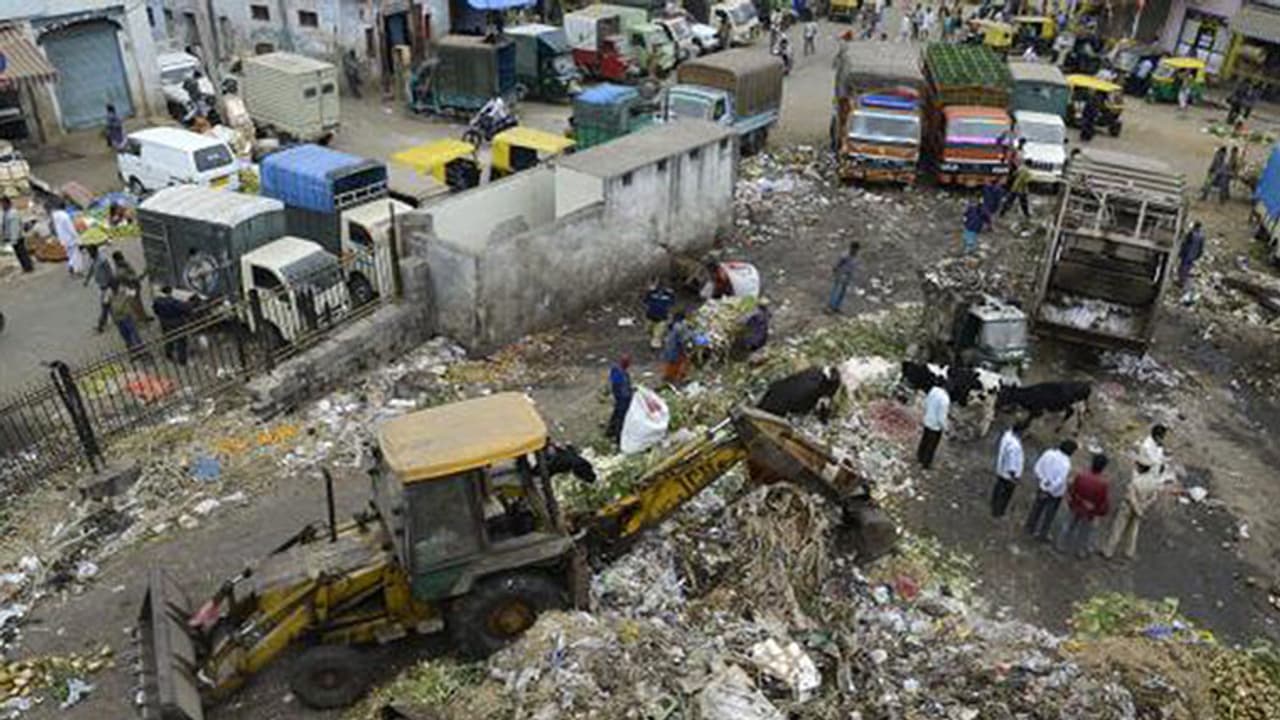The wholesale dealers are selling vegetables for dead cheap. The government needs to give a supporting price to save farmers of North Karnataka where a huge quantity of Tur dhall is produced. The credit is increasing and paying farmers and labourers their salary has become difficult.

The demonetisation of ₹500 and ₹1000 has impacted so much that, the middle-class and traders community is still finding it difficult to recover from the losses and soon it could also impact farmers who depend on pulses.
While the people who are financially well off may never stop praising the Central government's decision of surgical strike on the big currency notes claiming that it to be an excellent move against black money hoarders.
The poor and middle-class are left speechless due to the shock that was given in the name of 'larger interest of the nation'.
Vani a wholesale chilli and garlic seller at City Market says, her eyes have gone dry thinking about mounting debts. "I use to make a daily collection of ₹2,000. This amount was managed to give wages to workers and pay interest to money lenders. But today my collection is only ₹60. The decision of banning the note has hit the middle class and poor section," said Vani.
Sanaullah Vegetable Merchant Association at Kalasipalaya says, tonnes of vegetables are rotting as there are no takers.
"People have no money. The cash withdrawal limit from the bank is only ₹2000, and many customers have to wait for long at ATM's to withdraw. As a result, the wholesale dealers are selling vegetables for dead cheap,"
Will pulses price crash?
Apart from vegetables, pulses like Tur dhall that is expected to arrive in lakh tonnes by the second week of December will also witness crash in prices.
Vice President of Pulses Merchants Association and member at FKCCI, Bharath Shah in his observation says, the situation will turn from bad to worst as there is absolutely no cash with the consumers. From ₹80 per kilo, it is now ₹60, and it will further come down to ₹40. The government needs to give a supporting price to save farmers of North Karnataka where a huge quantity of Tur dhall is produced.
According to our analysis, the small time businessman and poor trading community will further suffer. People are scared to spend as there is no cash available in hand. The credit are increasing and paying farmers and labourers their salary has become difficult," said Shah.
Shah predicted that if the same situation persists for another month, the 40% of the business that people are seeing right now will also disappear.
